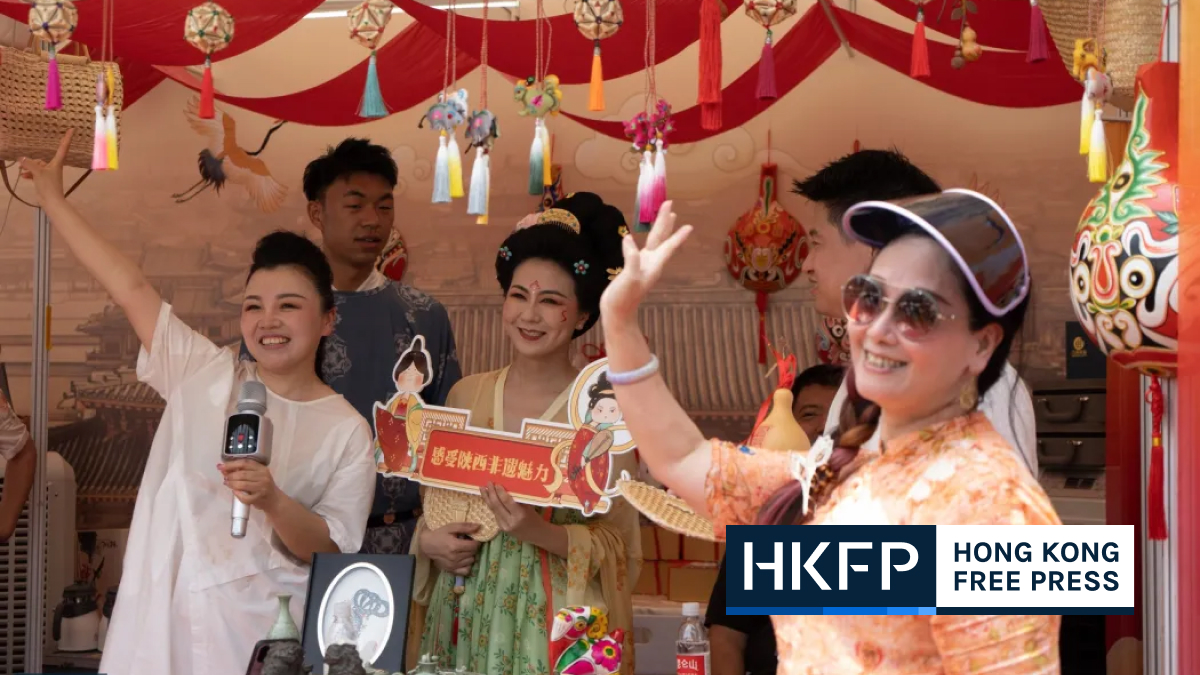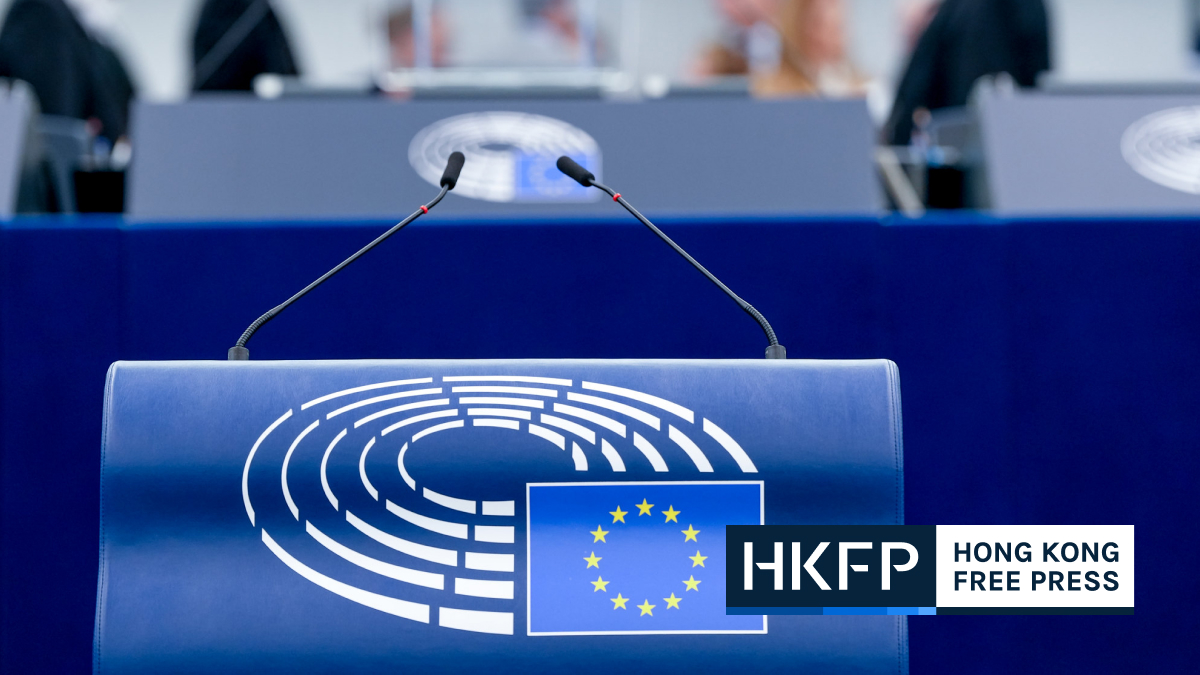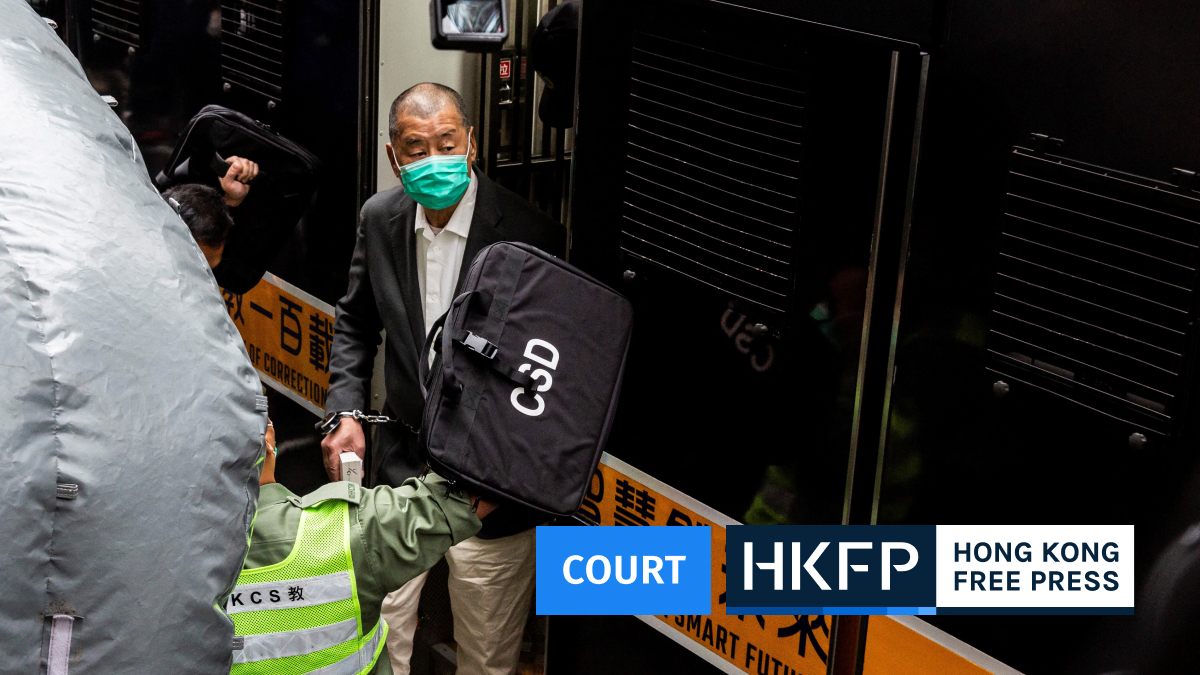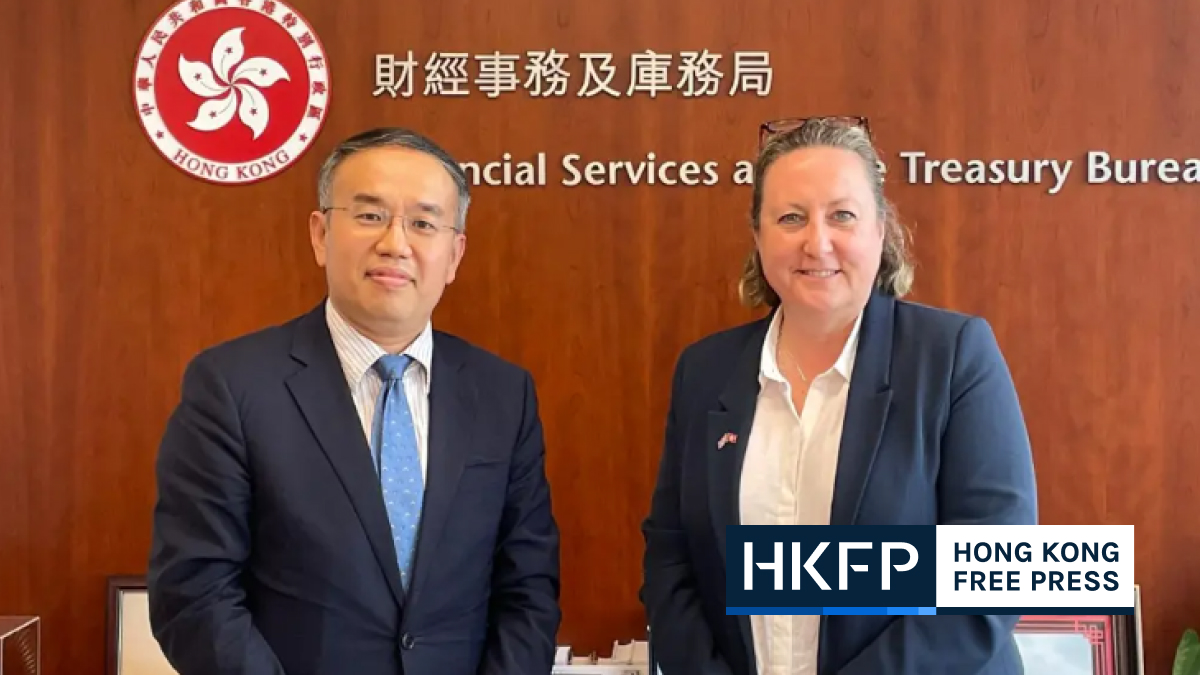An elite secondary school in Hong Kong is set to give lessons on the Beijing-imposed national security law, though some students fear the move is an attempt to “brainwash” them with “patriotic” messages.
According to an internal class timetable leaked on Friday evening, St. Paul’s Convent School (SPCS) in Causeway Bay has set aside four sessions of its ethics course to discuss the sweeping legislation that criminalises session, subversion, collusion with foreign interference and interference with transport and other infrastructure.
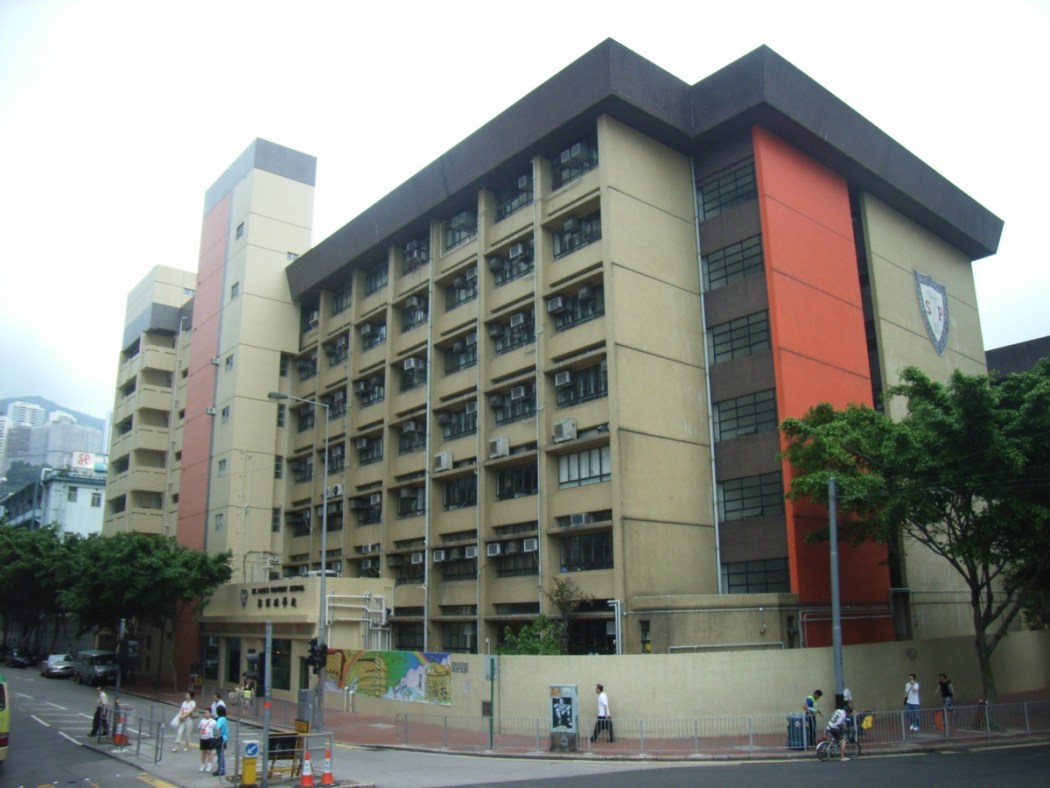
A student who spoke to HKFP using the pseudonym “Janice” said that students in Form Five and Six will start taking the classes next March 3, but the school has not informed them of the lesson content.
The new security law lessons will be taught by a new teacher, who only joined the Catholic girls’ school this academic year, Janice said. She criticised the school’s plan to teach the national security law as “ridiculous,” saying she did not understand how the legislation was linked to ethics.
“Since last September, the school has said we should not bring politics onto the campus, but now they decided to add the national security law as a class topic. Isn’t the security legislation a political topic?” Janice asked.
The 17-year-old added: “I’m a bit worried that the school may want to convey some patriotic messages and brainwash us. I really don’t know what to do if they force me to love the country and the [Chinese Communist] party.”

Another student told Stand News that the school would cover different topics in the ethics course, but the previous ones did not involve “political elements.”
In reply to HKFP’s enquiry, SPCS did not explain why the security law classes were added and did not reveal any details about the lessons concerned: “St. Paul’s Convent School aims for the students’ all round development and has always guided them to be respectful law-abiding citizens who are aware of their rights as well as their responsibilities.”
Fear of reprisals
Janice went on to say that some of her schoolmates have felt unable to voice opinions on social and political issues in school over the past year. The Form Six student said students were not allowed to wear white ribbons and face masks to show solidarity with the anti-extradition bill movement which erupted last June.
School authorities had asked students to toss away flyers about the large-scale unrest distributed by SPCS alumnae who staged human chain protests outside the campus in September last year, she said. Students also refrained from organising any class boycott activities – commonly held in other secondary schools across Hong Kong at the peak of the protests – as they feared reprisal.
“Some students are politically apathetic, but some really wish to express concerns over what’s happening in society. But we can’t do that at all in school, because we don’t dare to resist,” Janice said.
The SPCS principal Sister Margaret Wong’s name is listed as one of the more than 1,500 co-sponsors of the pro-establishment group Hong Kong Coalition, founded in May by former Hong Kong leaders Tung Chee-hwa and Leung Chun-ying. When asked by HKFP, the school did not deny or confirm Wong’s involvement in the alliance that vowed to “reboot Hong Kong” by upholding One Country, Two Systems and reviving the economy.
Support HKFP | Policies & Ethics | Error/typo? | Contact Us | Newsletter | Transparency & Annual Report | Apps
Help safeguard press freedom & keep HKFP free for all readers by supporting our team





















